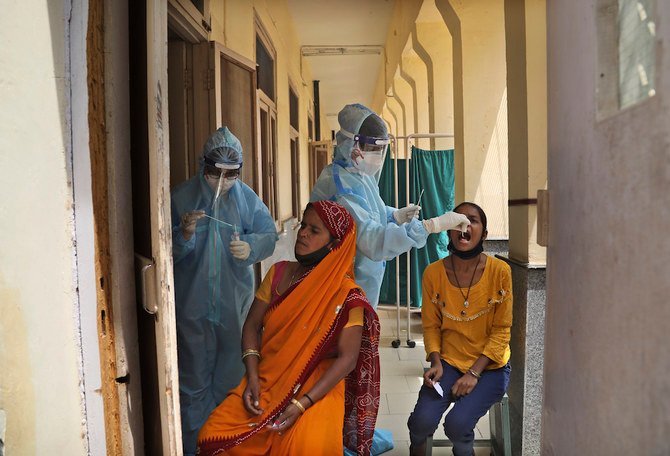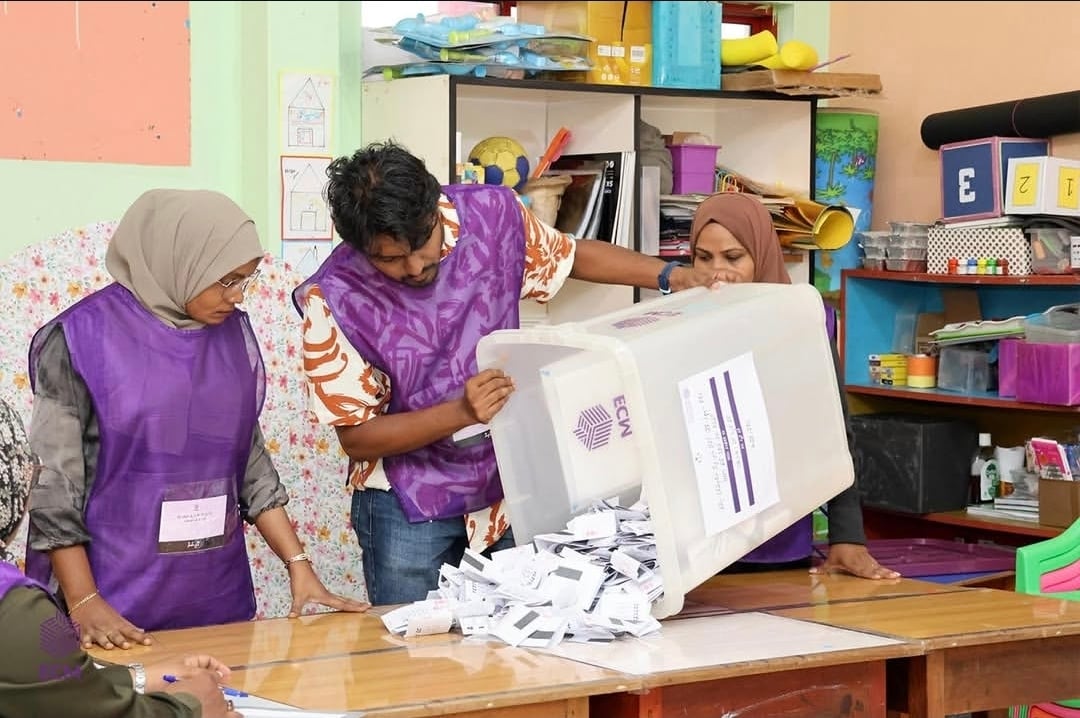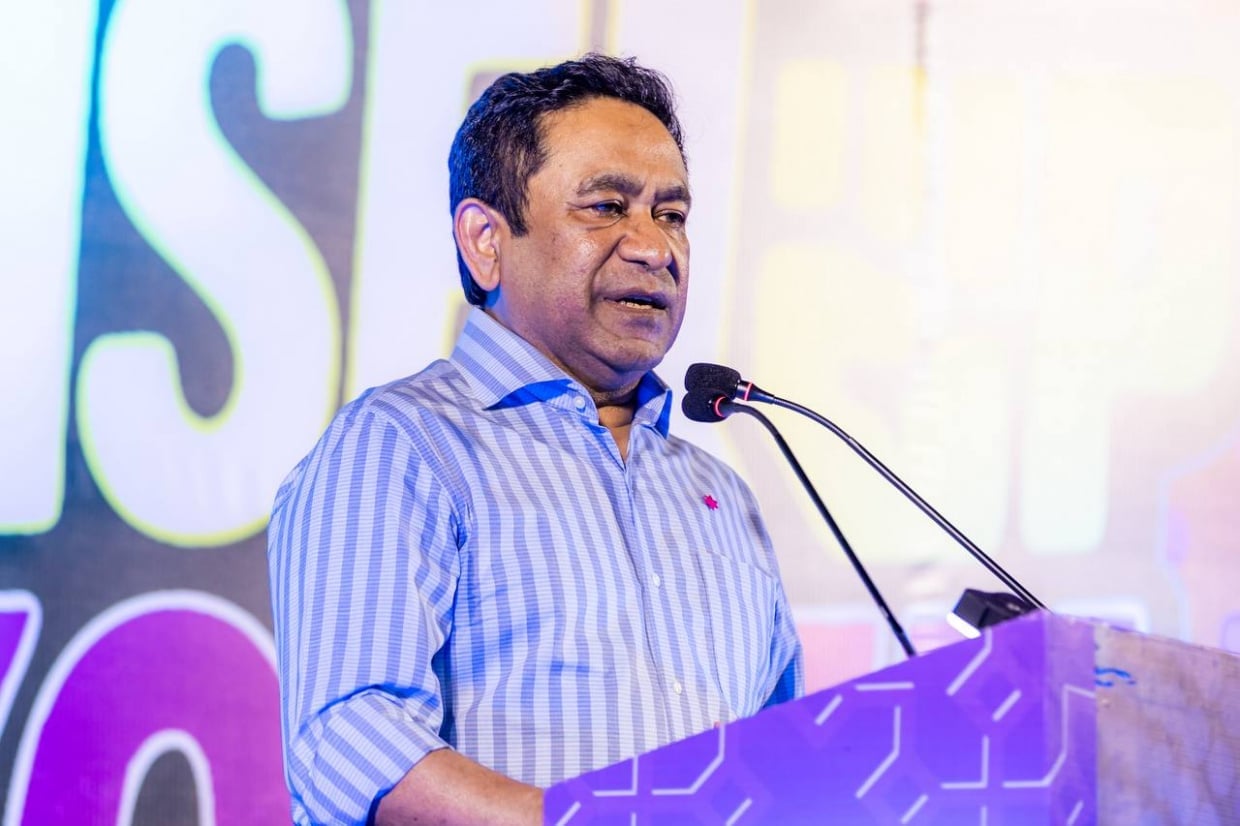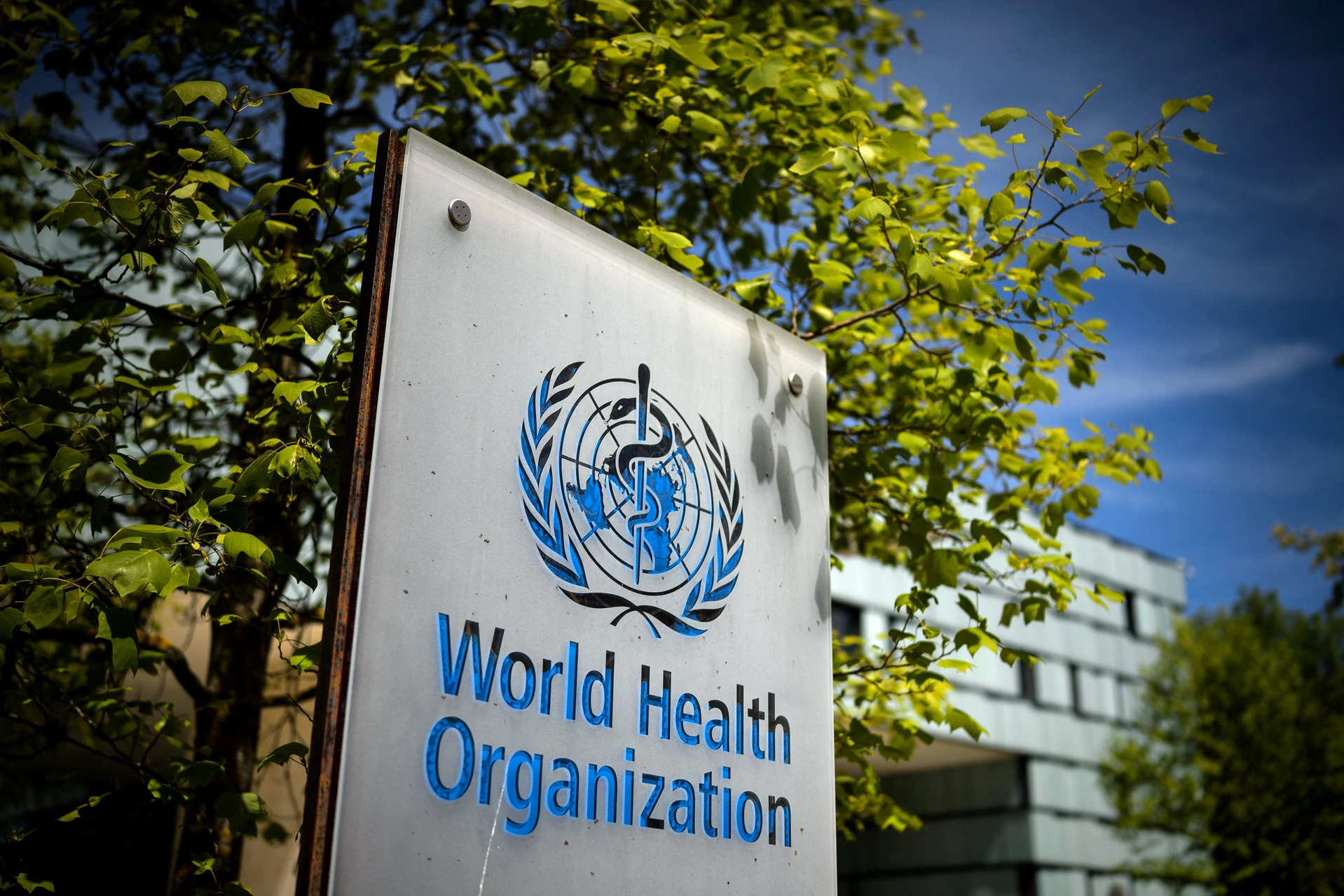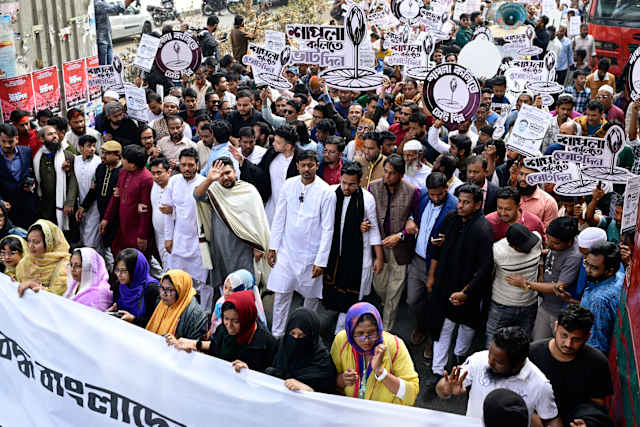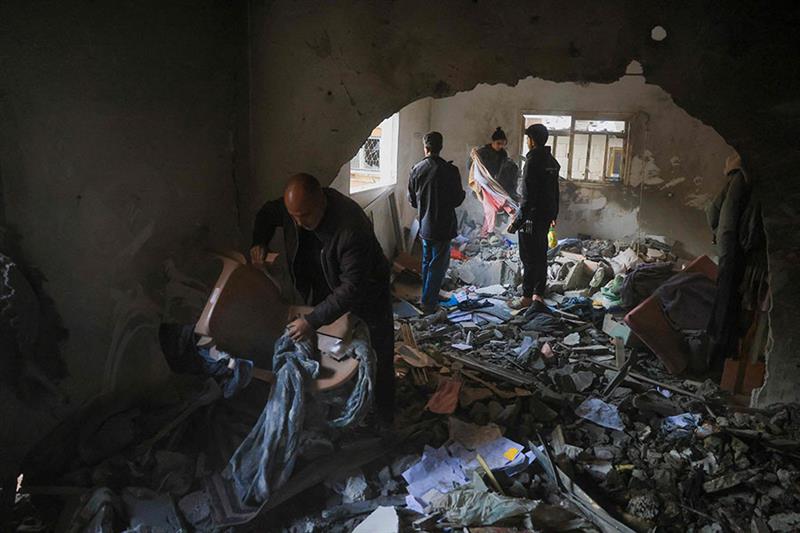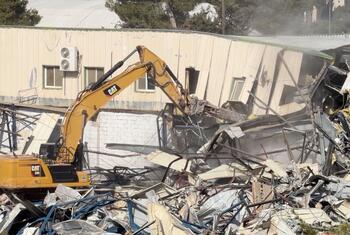A rapid surge in coronavirus disease (COVID-19) infections has prompted a mass departure from Indian cities, raising concerns that their return may result in major outbreaks in rural areas.
The new daily infections reaching a record of more than 200,000 on Thursday has forced authorities to tighten Covid-19 restrictions, which has led thousands of workers to head home over a fear of lockdowns.
Meanwhile, in states like Jharkhand, one of the poorest in the country, health authorities are worried that the remote areas the workers are headed to will be unprepared to test those arriving, or treat the sick.
“Beds are (scarce) in Jharkhand, and if the migrant laborers come back, there is a high probability that many more would be infected and the patient load would burden the system,” said Dr. Dilip Kumar Jha of Rajendra Institute of Medical Sciences in the eastern state’s capital, Ranchi.
Pulmonologist Dr. Loveleen Mangla, from Noida, which borders New Delhi, is also worried about the emerging scenario as workers return to their villages.
“Already in a city like Noida, where hospitals are short of beds, it is becoming difficult to manage the current load of patients. If the villages get infected then the situation will become unmanageable,” he said.
Last year, when India enforced one of the world’s toughest national lockdowns to stop the virus spread, millions of people lost their jobs within days, fueling the biggest migration across the Indian subcontinent.
Since the beginning of the outbreak last year, nearly 14.3 million people from India have been positive to Covid-19, and over 174,000 have died.
The new daily infections reaching a record of more than 200,000 on Thursday has forced authorities to tighten Covid-19 restrictions, which has led thousands of workers to head home over a fear of lockdowns.
Meanwhile, in states like Jharkhand, one of the poorest in the country, health authorities are worried that the remote areas the workers are headed to will be unprepared to test those arriving, or treat the sick.
“Beds are (scarce) in Jharkhand, and if the migrant laborers come back, there is a high probability that many more would be infected and the patient load would burden the system,” said Dr. Dilip Kumar Jha of Rajendra Institute of Medical Sciences in the eastern state’s capital, Ranchi.
Pulmonologist Dr. Loveleen Mangla, from Noida, which borders New Delhi, is also worried about the emerging scenario as workers return to their villages.
“Already in a city like Noida, where hospitals are short of beds, it is becoming difficult to manage the current load of patients. If the villages get infected then the situation will become unmanageable,” he said.
Last year, when India enforced one of the world’s toughest national lockdowns to stop the virus spread, millions of people lost their jobs within days, fueling the biggest migration across the Indian subcontinent.
Since the beginning of the outbreak last year, nearly 14.3 million people from India have been positive to Covid-19, and over 174,000 have died.



